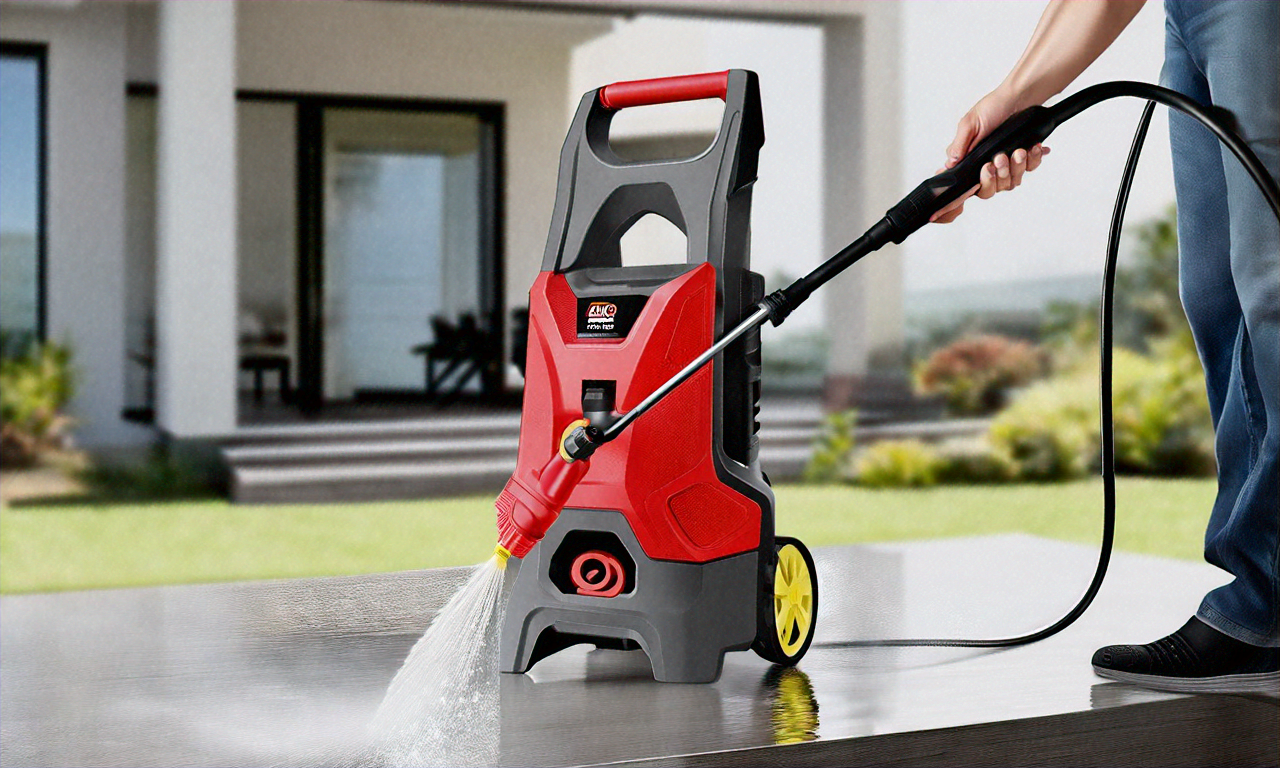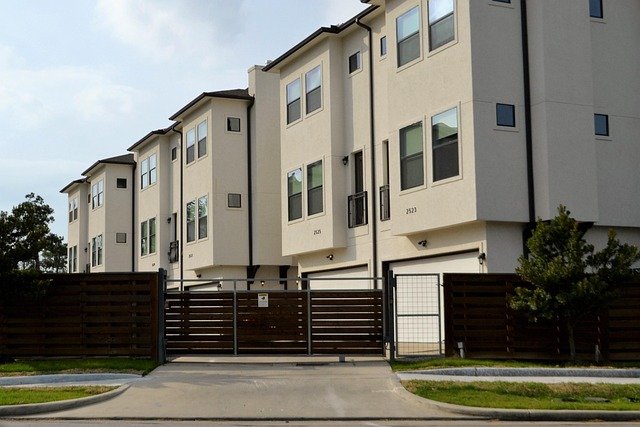Understanding Resin Outdoor Flooring Installation for UK Homes and Gardens
Resin outdoor flooring has gained popularity in the UK for its durability, versatility, and aesthetic appeal. This innovative flooring solution offers homeowners a practical and attractive option for enhancing their outdoor spaces. From patios to driveways, resin flooring provides a seamless, low-maintenance surface that can withstand the unpredictable British weather. In this article, we'll explore the benefits, installation process, and maintenance of resin outdoor flooring for UK homes and gardens.

What are the advantages of resin flooring for patios, paths, and driveways?
Resin flooring offers numerous benefits for outdoor applications in UK homes. Its smooth, non-slip surface makes it ideal for patios, paths, and driveways. The material is highly durable, resistant to cracks, and can withstand heavy foot traffic and vehicle use. Resin floors are also low-maintenance, requiring only occasional sweeping and periodic cleaning to maintain their appearance.
One of the most appealing aspects of resin flooring is its versatility in design. Homeowners can choose from a wide range of colours and finishes, allowing for customisation to complement their property’s aesthetic. Additionally, resin floors are permeable, which helps with drainage and reduces the risk of puddles forming during rainy weather.
How do you select the ideal resin type to withstand British weather conditions?
Choosing the right type of resin for outdoor flooring is crucial, especially considering the diverse weather conditions in the UK. There are two main types of resin used for outdoor flooring: epoxy and polyurethane. Epoxy resin is known for its strength and durability, making it suitable for areas with heavy traffic. Polyurethane resin, on the other hand, offers better flexibility and UV resistance, which is particularly important for outdoor applications exposed to sunlight.
For UK homes, a UV-stable polyurethane resin is often recommended due to its ability to withstand prolonged exposure to sunlight without yellowing or degrading. This type of resin also offers excellent resistance to temperature fluctuations, making it ideal for the British climate. When selecting a resin type, it’s essential to consider factors such as the specific location of the flooring, expected foot traffic, and exposure to elements.
What are the guidelines for installation and maintenance of durable resin surfaces?
Installing resin outdoor flooring requires careful preparation and execution to ensure a durable and long-lasting result. The process typically involves the following steps:
-
Surface preparation: The existing surface must be clean, dry, and free from cracks or damage.
-
Priming: A suitable primer is applied to enhance adhesion.
-
Mixing: The resin components are carefully mixed according to the manufacturer’s instructions.
-
Application: The resin mixture is poured and spread evenly across the surface.
-
Finishing: Anti-slip aggregates may be added for additional safety.
Proper maintenance is key to preserving the appearance and functionality of resin outdoor flooring. Regular sweeping to remove debris and occasional power washing are usually sufficient to keep the surface clean. For stubborn stains, a mild detergent solution can be used. It’s important to avoid harsh chemicals or abrasive cleaning methods that could damage the resin surface.
Why is resin flooring considered an eco-friendly outdoor choice in the UK?
Resin flooring has gained recognition as an environmentally friendly option for outdoor surfaces in the UK. Unlike traditional materials such as concrete or asphalt, resin flooring is often made from recycled materials and produces less waste during installation. The permeable nature of resin surfaces also contributes to better water management, reducing runoff and helping to prevent localised flooding.
Furthermore, the longevity of resin flooring means less frequent replacement, which reduces the overall environmental impact over time. Many resin flooring products are also low in volatile organic compounds (VOCs), making them a safer choice for both installers and homeowners.
What are the cost considerations for resin outdoor flooring installation?
When considering resin outdoor flooring, it’s important to understand the associated costs. While the initial investment may be higher than some traditional flooring options, the long-term benefits often justify the expense. Here’s a comparison of resin flooring with other common outdoor flooring options:
| Flooring Type | Average Cost per m² | Durability | Maintenance Requirements |
|---|---|---|---|
| Resin | £60 - £100 | High | Low |
| Concrete | £30 - £50 | Medium | Medium |
| Block Paving | £40 - £80 | Medium | Medium to High |
| Tarmac | £20 - £50 | Low | High |
Prices, rates, or cost estimates mentioned in this article are based on the latest available information but may change over time. Independent research is advised before making financial decisions.
The cost of resin flooring can vary depending on factors such as the size of the area, the type of resin used, and the complexity of the installation. While the upfront cost may be higher than some alternatives, the long-term value lies in its durability, low maintenance requirements, and aesthetic appeal.
Resin outdoor flooring offers UK homeowners a durable, attractive, and eco-friendly solution for enhancing their outdoor spaces. With proper installation and maintenance, resin surfaces can provide years of service while withstanding the challenges of British weather. As with any home improvement project, it’s essential to consider factors such as cost, durability, and maintenance requirements when deciding on the best flooring option for your outdoor areas. By weighing these factors and consulting with professional installers, you can make an informed decision that will benefit your home for years to come.




